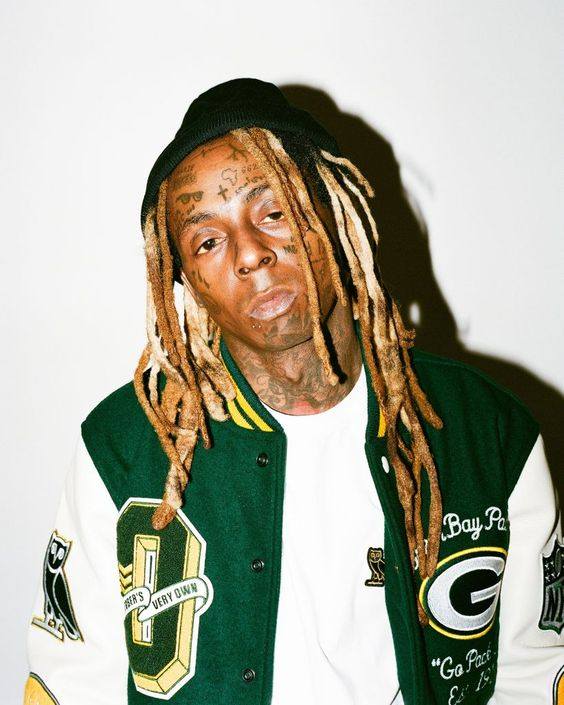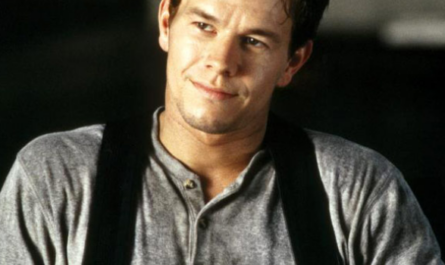Lil Wayne’s Childhood Trauma and Its Lasting Impact
Rapper Lil Wayne has cemented his status as one of the most successful hip hop artists of all time, known for his prolific output and influential style. However, behind his public persona was a childhood marked by trauma from a suicide attempt at just 12 years old. Though he doesn’t discuss it often, this experience left deep scars that have shaped both his art and advocacy around mental health in the decades since. Let’s take a closer look at what is known about this difficult period in Lil Wayne’s life and how it continues to affect him.
The Incident
In a 2009 interview with MTV News, Lil Wayne opened up about his suicide attempt as a pre-teen. At the time, he was living in New Orleans and pursuing a career as a rapper under the moniker “Shrimp Daddy.” However, the music industry was not providing stability. His home life was also turbulent – he was raised primarily by his mother in a single parent household.
According to Lil Wayne, on the day of his attempt, he had gotten into an argument with his mother about his music. Exact details of what was said are unclear, but it left the 12-year-old feeling discouraged and hopeless about pursuing his dreams. In a moment of despair, he went to his mother’s bedroom and found her gun. His plan was to end his life then and there.
Thankfully, the gun jammed when he tried to fire it. This gave his mother time to run in and wrestle the weapon away from him. Lil Wayne was rushed to the hospital, where his stomach was pumped. He survived, but the mental and emotional wounds took far longer to heal.
The Emotional Core
While the trigger for Lil Wayne’s suicide attempt was a fight with his mother, the core issues seemed to be deeper feelings of hopelessness, isolation, and lack of control over his circumstances. As a pre-teen trying to break into the music industry without stability at home, these emotions were no doubt intensified.
A central figure in his life, his mother, was now a source of pain rather than comfort after their argument. This likely shattered whatever sense of security Lil Wayne had left at such a vulnerable age. Without an outlet, these toxic emotions stewed into a desire to end his own life on that tragic day.
Long-Term Impact
In interviews since, Lil Wayne has acknowledged that surviving his suicide attempt was a major turning point, but recovery was a long road. The trauma influenced both his mental health struggles for years to come as well as his creative output through music.
In terms of mental wellbeing, Lil Wayne has spoken about suffering from depression, anxiety, and other issues related to his childhood trauma. In a 2020 interview with NPR, he advocated for the importance of therapy and medication in managing conditions like bipolar disorder. This shows an understanding that mental health is a lifelong journey after surviving such a harrowing experience at a young age.
His music was also impacted as he poured his emotions into his lyrics and found catharsis through self-expression. Songs like “How to Love” touch on depression and suicidal ideation. His mixtape “No Ceilings” was released a year after the attempt and demonstrated a newfound creative freedom. Fans saw his raw pain transformed into art that resonated deeply.
Lil Wayne’s suicide attempt marked a crossroads in his life, career, and mental wellbeing. Though he doesn’t speak on it often, its effects are woven throughout his body of work and public advocacy around these issues. It shaped him into the artist and person he is today – willing to be vulnerable yet determined to survive. For millions of struggling youth, his openness about overcoming such darkness offers hope.
Mental Health Advocacy
In the past decade, Lil Wayne has used his platform to actively support mental health causes and reduce stigma. He participated in Bell Let’s Talk Day campaigns to raise funds for research and resources. In 2020, he joined rapper Kid Cudi in starting a conversation about their own struggles on Twitter, showing fans it’s okay to not be okay.
Lil Wayne has also worked directly with non-profits. In 2017, he partnered with The Jed Foundation to promote emotional wellbeing programs on college campuses. His focus has been on reaching young people, especially in low-income communities of color, to normalize discussing issues like depression and suicide.
In a 2019 interview with Complex, Lil Wayne said that surviving at age 12 made him realize “I have a purpose.” That purpose evolved into ensuring others receive the support he lacked as a troubled youth. Whether through music, interviews, or nonprofit alliances, he remains dedicated to mental health advocacy over a decade after his suicide attempt. For fans who also struggle, his openness is profoundly impactful.
Lasting Influence
Now in his late 30s with a wife and children, Lil Wayne has cemented his legacy as one of hip hop’s most influential artists of all time. With over 120 million records sold, he continues putting out new music for loyal “Wayniacs.” But the childhood trauma he endured has left an indelible mark, as all experiences do on a person.
His suicide attempt was a private nightmare that later became public through brave discussions. In doing so, Lil Wayne has helped normalize real conversations about mental health – especially for black communities disproportionately impacted. Both his art and advocacy show that even in our darkest moments, light and purpose can emerge.
Most of all, Lil Wayne proves that surviving is its own form of winning. Nearly two decades later, he’s still here contributing beauty, truth, and hope to the world despite the painful cards he was dealt. For anyone struggling with their own demons, his story stands as a reminder that it does get better – you just have to keep living to see it.



